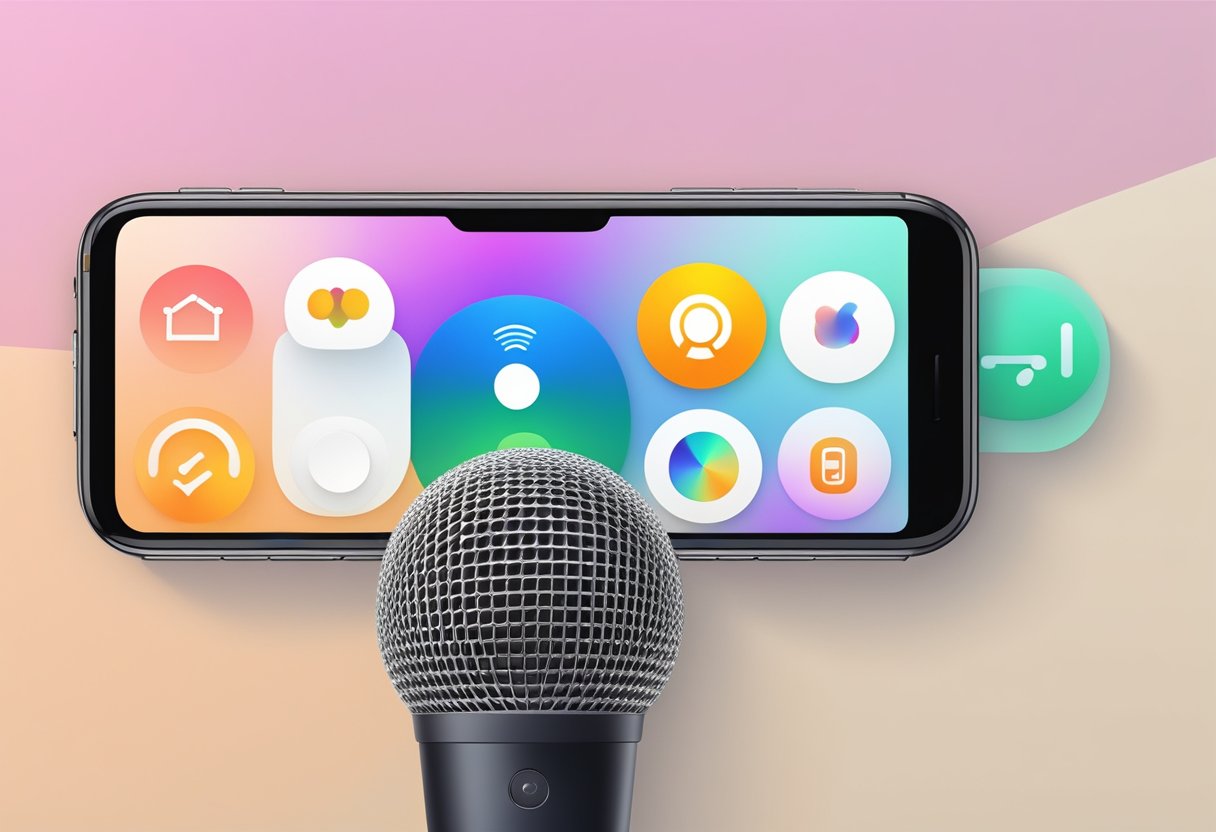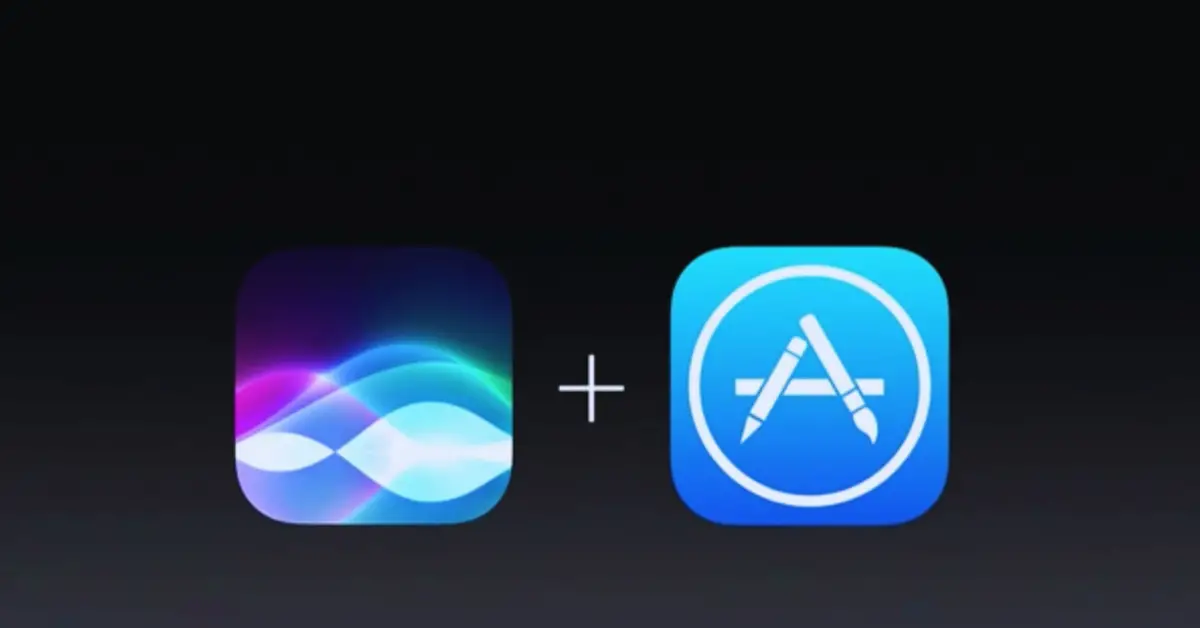Check Best Thermostat Pricing in Amazon
** As an Amazon Associate, I earn from qualifying purchases.
Apple’s Siri was once considered a breakthrough in voice-activated assistants, but over time, it has failed to keep up with its competitors. Users have been increasingly frustrated with Siri’s inability to understand commands and provide accurate responses. As a result, many have turned to other voice assistants, such as Amazon’s Alexa or Google Assistant.

One of the reasons why Siri has fallen behind is its lack of intelligence. Unlike its competitors, Siri is not able to learn from user interactions. This means that it is unable to improve its responses over time, leading to a frustrating experience for users. Additionally, Siri’s limited capabilities and lack of integration with third-party apps make it less useful than its competitors.
Another issue with Siri is its reliance on Apple’s ecosystem. Siri is only available on Apple devices, which limits its reach and functionality. This means that users who do not own an Apple device are unable to use Siri, and those who do are unable to use it across different platforms. This lack of flexibility has contributed to Siri’s decline in popularity.
Overview of Siri’s Functionality

Siri is a voice-activated virtual assistant developed by Apple Inc. and integrated into its devices such as iPhones, iPads, and Macs. It was introduced in 2011 as a feature of the iPhone 4S and has since been updated and improved. Siri’s main function is to perform tasks and answer questions for users through natural language processing and machine learning.
Siri can perform a variety of tasks such as setting reminders, sending messages, making phone calls, playing music, and providing directions. It can also answer questions on a wide range of topics such as weather, sports scores, and trivia. Siri can be activated by saying “Hey Siri” or by pressing and holding the home button on an iPhone or iPad.
While Siri’s functionality may seem impressive, it has been criticized for its lack of accuracy and reliability. Users have reported issues with Siri misunderstanding commands, providing irrelevant responses, and failing to perform requested tasks. Additionally, Siri’s voice recognition capabilities have been criticized for struggling with accents and non-native speakers.
User Experience Concerns

Voice Recognition Issues
One of the major concerns with Apple Siri is its voice recognition capability. Users have reported instances where Siri fails to recognize their voice commands accurately. The accuracy of voice recognition is crucial for a virtual assistant, and Siri’s inability to recognize certain accents and dialects has been a significant issue. This problem has led to frustration and dissatisfaction among users who feel that Siri’s voice recognition is not up to par with other virtual assistants.
Limited Contextual Understanding
Another issue with Siri is its limited contextual understanding. Siri is not always able to understand the context of a conversation, which leads to incorrect responses. For example, if a user asks Siri to play a song, but does not specify the artist or album, Siri might play the wrong song. This limited contextual understanding can be frustrating for users who expect a virtual assistant to be able to understand their requests accurately.
Unsatisfactory Responses
Siri’s responses to user requests can also be unsatisfactory. Users have reported instances where Siri provides irrelevant or unhelpful responses. For example, if a user asks Siri for directions to a specific location, Siri might provide directions to a different location altogether. This lack of accuracy and relevance in responses can be frustrating and can lead to a poor user experience.
Comparative Analysis

Siri vs. Other Virtual Assistants
When compared to other virtual assistants like Amazon’s Alexa and Google Assistant, Siri falls short in terms of functionality and accuracy. Siri’s speech recognition capabilities are not as advanced as its competitors, and it often struggles to understand complex commands or questions. This leads to frustration for users who have to repeat themselves multiple times or resort to typing out their queries manually.
In addition, Siri’s integration with third-party apps is limited, which means it cannot perform as many tasks as Alexa or Google Assistant. For example, while Alexa can order pizza or book a ride through Uber, Siri cannot. This lack of integration severely limits Siri’s usefulness as a virtual assistant.
Market Expectations and Performance
Apple has always been known for its high-quality products, and the company’s reputation has led to high expectations for Siri. Unfortunately, Siri has not lived up to these expectations, and many users have expressed disappointment with its performance.
In a survey conducted by Loup Ventures, Siri was found to be the least accurate virtual assistant, correctly answering only 74.6% of questions. This is significantly lower than Google Assistant’s 87.9% accuracy rate and Alexa’s 72.5% accuracy rate.
Furthermore, Siri’s market share has been declining over the years. In 2017, Siri accounted for 41% of the virtual assistant market, but by 2020, its share had dropped to just 9.4%. This decline can be attributed to Siri’s lack of innovation and inability to keep up with its competitors.
In conclusion, while Siri was once a groundbreaking virtual assistant, it has fallen behind in terms of functionality, accuracy, and market share. Unless Apple invests in significant improvements to Siri’s capabilities, it is unlikely that it will regain its position as a top virtual assistant.
Technical Limitations

Software Constraints
One of the major reasons why Apple Siri is not as good as its competitors is the software constraints. Siri is designed to work within the Apple ecosystem, which means it has limited access to third-party apps and services. This limits its ability to provide accurate and relevant information to the users.
Moreover, Siri’s natural language processing (NLP) capabilities are not as advanced as those of Google Assistant or Amazon Alexa. This means that Siri often struggles to understand complex commands or questions, leading to inaccurate or irrelevant responses.
Hardware Dependencies
Another factor that limits the performance of Siri is the hardware dependencies. Siri relies heavily on the hardware of the device it is running on. This means that older devices with less powerful processors may struggle to run Siri smoothly, leading to slower response times and inaccurate results.
Check Best Thermostat Pricing in Amazon
** As an Amazon Associate, I earn from qualifying purchases.
Furthermore, Siri’s ability to understand and respond to voice commands is heavily dependent on the quality of the microphone and speakers on the device. If the microphone or speakers are of poor quality, Siri may struggle to understand the user’s commands or provide accurate responses.
In conclusion, while Siri has made significant strides in recent years, it still lags behind its competitors due to its software constraints and hardware dependencies. Apple needs to invest more in improving Siri’s NLP capabilities and making it more compatible with third-party apps and services to make it a more competitive voice assistant.
Development and Updates

Update Frequency
One of the reasons why Apple Siri is considered bad is because of the infrequency of updates. While Siri was first introduced in 2011, there have been very few significant updates to the platform since then. This lack of updates has resulted in Siri falling behind other voice assistants in terms of functionality and capabilities.
While Apple has released updates to Siri over the years, they have been relatively minor and have not addressed many of the underlying issues that users have been experiencing. This has led to frustration among users who feel that Siri is not keeping up with the competition.
Innovation Pace
Another reason why Apple Siri is considered bad is because of the slow pace of innovation. While Siri was once considered to be a groundbreaking technology, it has since fallen behind other voice assistants in terms of innovation and cutting-edge features.
Part of the reason for this slow pace of innovation is Apple’s focus on maintaining user privacy. While this is certainly a noble goal, it has resulted in Siri being less capable than other voice assistants that are able to learn from user data and improve over time.
Additionally, Apple’s closed ecosystem has limited the ability of developers to create new and innovative applications that work with Siri. This has resulted in a lack of third-party support for Siri, further limiting its capabilities and usefulness.
In conclusion, the infrequency of updates and slow pace of innovation are two key reasons why Apple Siri is considered bad. While Siri was once a groundbreaking technology, it has fallen behind other voice assistants in terms of functionality and capabilities.
Consumer Feedback and Perception

Consumer feedback and perception of Apple Siri have been mixed, with many users expressing frustration with its limitations and inaccuracies. While Siri was initially praised for its ability to understand natural language and perform tasks such as making phone calls and sending messages, users have since reported a range of issues.
One common complaint is that Siri often fails to understand commands or misinterprets them, leading to incorrect results or no response at all. This can be particularly frustrating when trying to perform tasks quickly or in a noisy environment. Additionally, Siri’s voice recognition technology is not always accurate, leading to further frustration for users.
Another issue is Siri’s limited functionality compared to other voice assistants such as Amazon’s Alexa and Google Assistant. While Siri can perform basic tasks such as setting reminders and playing music, it lacks the advanced features and integrations of its competitors. This has led to criticism from users who feel that Siri is not keeping pace with other voice assistants.
Despite these criticisms, some users remain loyal to Siri and appreciate its simplicity and ease of use. However, overall consumer feedback and perception of Siri suggest that Apple has work to do in improving the voice assistant’s capabilities and addressing user concerns.
Future Outlook and Improvements

Apple has acknowledged the limitations of Siri and is working towards improving the virtual assistant. In the WWDC 2023 conference, Apple announced some of the improvements that will be made to Siri in the upcoming iOS 16 update.
One of the major improvements is the ability of Siri to understand context. This means that Siri will be able to recognize the context of a conversation and respond accordingly. For example, if a user asks “What’s the weather like?” and then follows up with “What about tomorrow?”, Siri will understand that the user is referring to the weather forecast for the next day.
Apple is also working towards improving Siri’s accuracy and reliability. The company plans to use machine learning algorithms to improve the accuracy of Siri’s responses. Siri will also be able to learn from user feedback, which will help it to better understand the user’s preferences and needs.
Another improvement that Apple is working on is the integration of Siri with third-party apps. This will allow users to use Siri to control and interact with apps from other developers. For example, a user could use Siri to send a message on WhatsApp or to order food from a restaurant through a food delivery app.
Summary
In summary, Apple is aware of the limitations of Siri and is actively working towards improving the virtual assistant. The upcoming iOS 16 update will bring significant improvements to Siri’s context understanding, accuracy, and reliability. The integration of Siri with third-party apps will also enhance the user experience and make Siri more useful for everyday tasks.
Check Best Thermostat Pricing in Amazon
** As an Amazon Associate, I earn from qualifying purchases.


